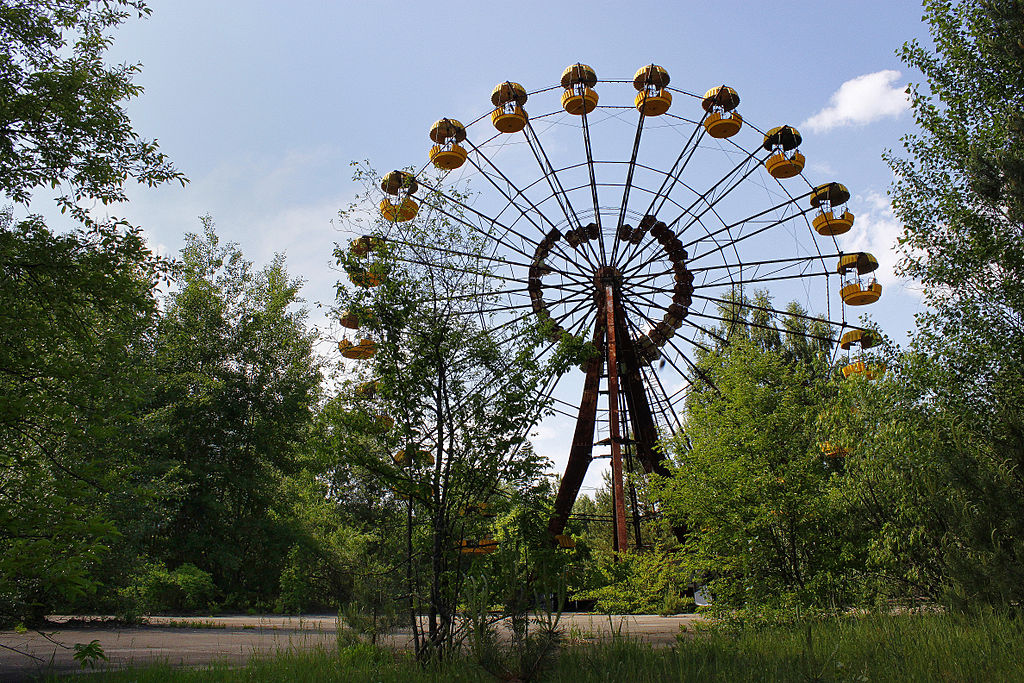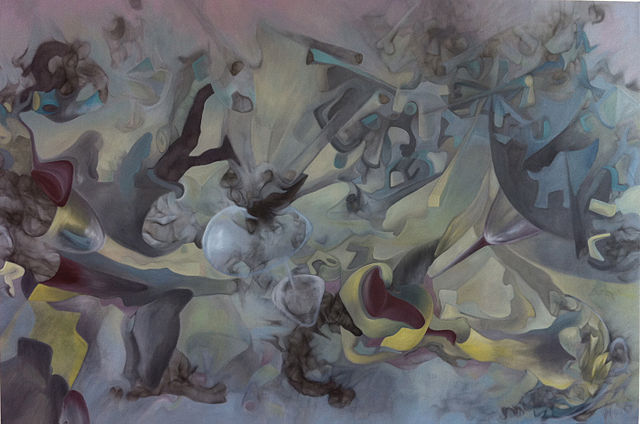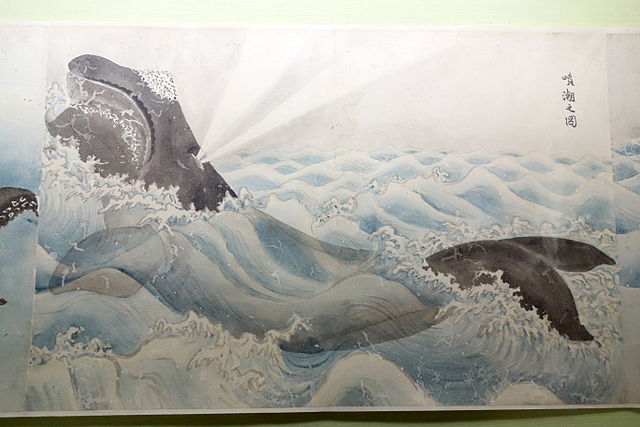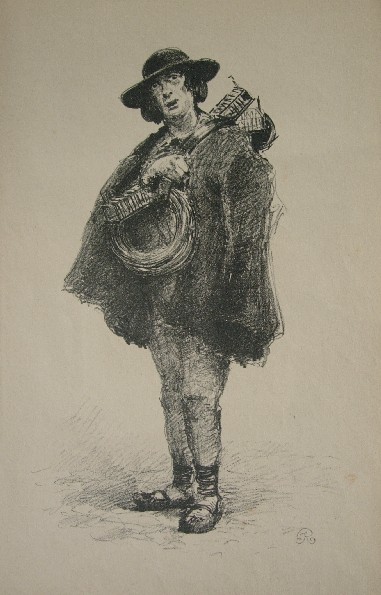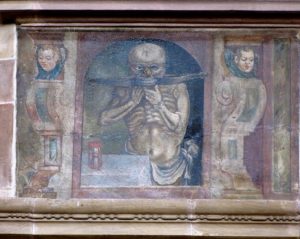
Death said she had something to show me;
What? I wondered—
Pornographic centerfolds of the Dead?
The lost piece of petrified wood
Once mounted in my grandfather’s favorite ring?
It was neither of these things,
Though, in a sense, all and more
And it wasn’t for my eyes
At least not these organic ones
Which perceive in the usual spectrum—
Not for these mortal eyes of mine.
She came to me again
Once I was robotic, a cyborg,
Still possessing a human mind
And tattered strips of flesh
Here and there
With eyes of glass like a camera’s lens;
And only then did lovely Death
Reveal her final offering:
A jittering map of sorts,
Glowing and pulsing with infras and ultras,
Dreamlike, nightmarish;
She showed me a blueprint of my soul—
Demented dreams concealed inside
Erasures of memories long denied
So many revelations I did not wish to know.
Broken pathways of indecisions,
Lies and secrets best not told—
Inept choices, foolish revisions
Delineated lines of neural flow—
Nor could I overcome
The horrorshow
And then Death said
She had no regard
For me, whatsoever
